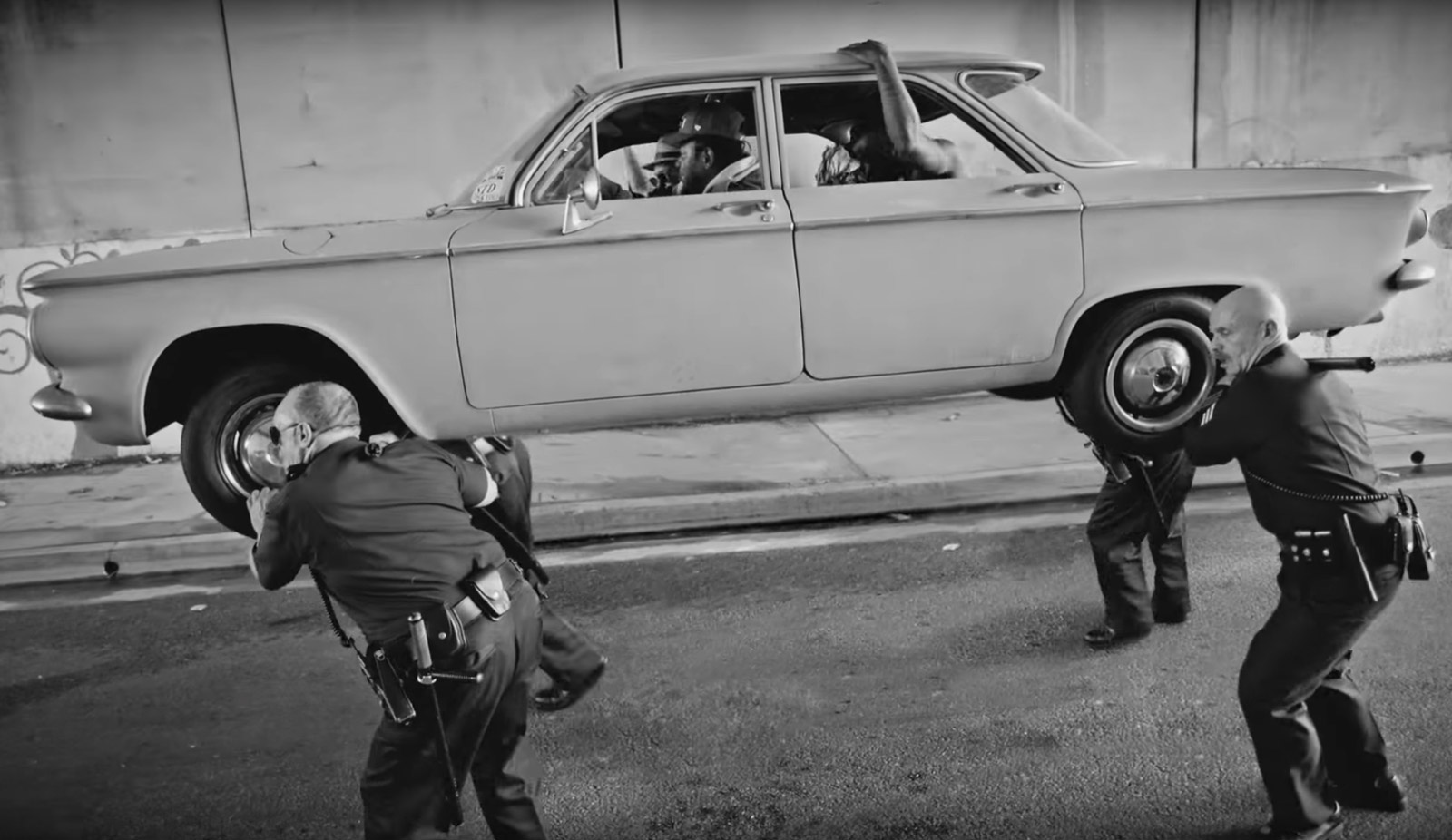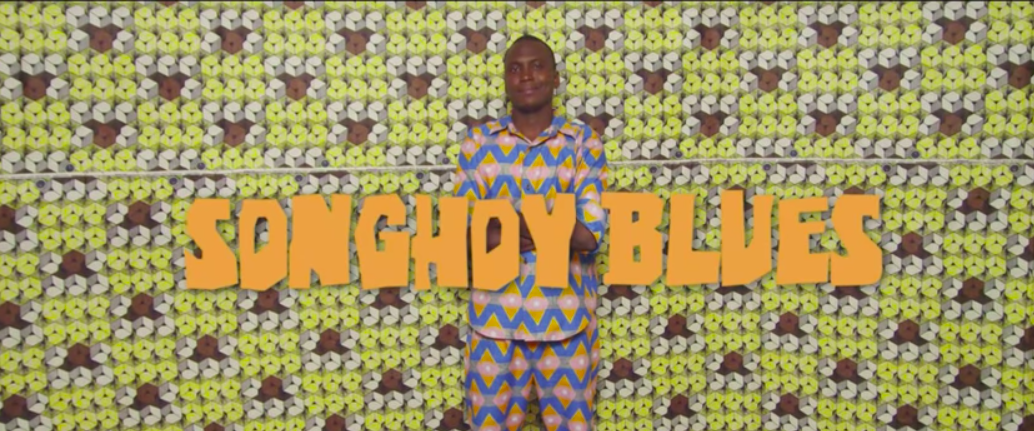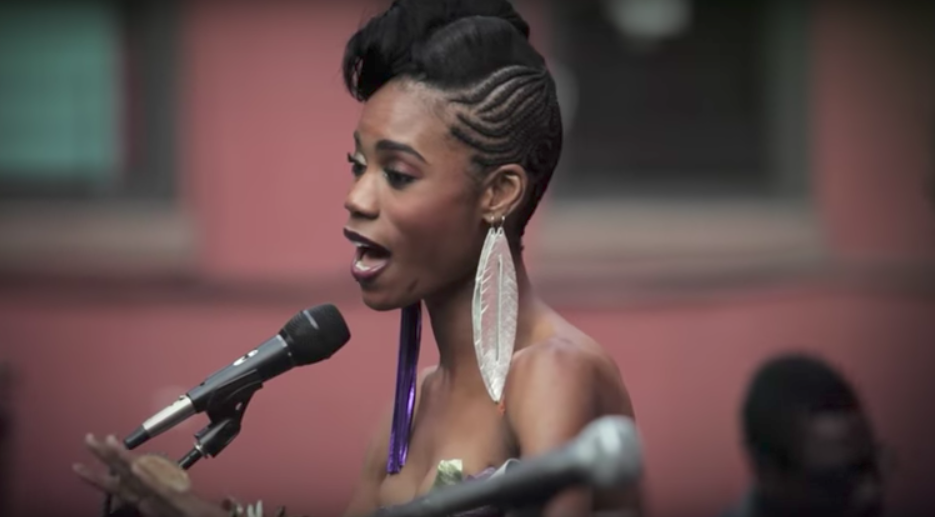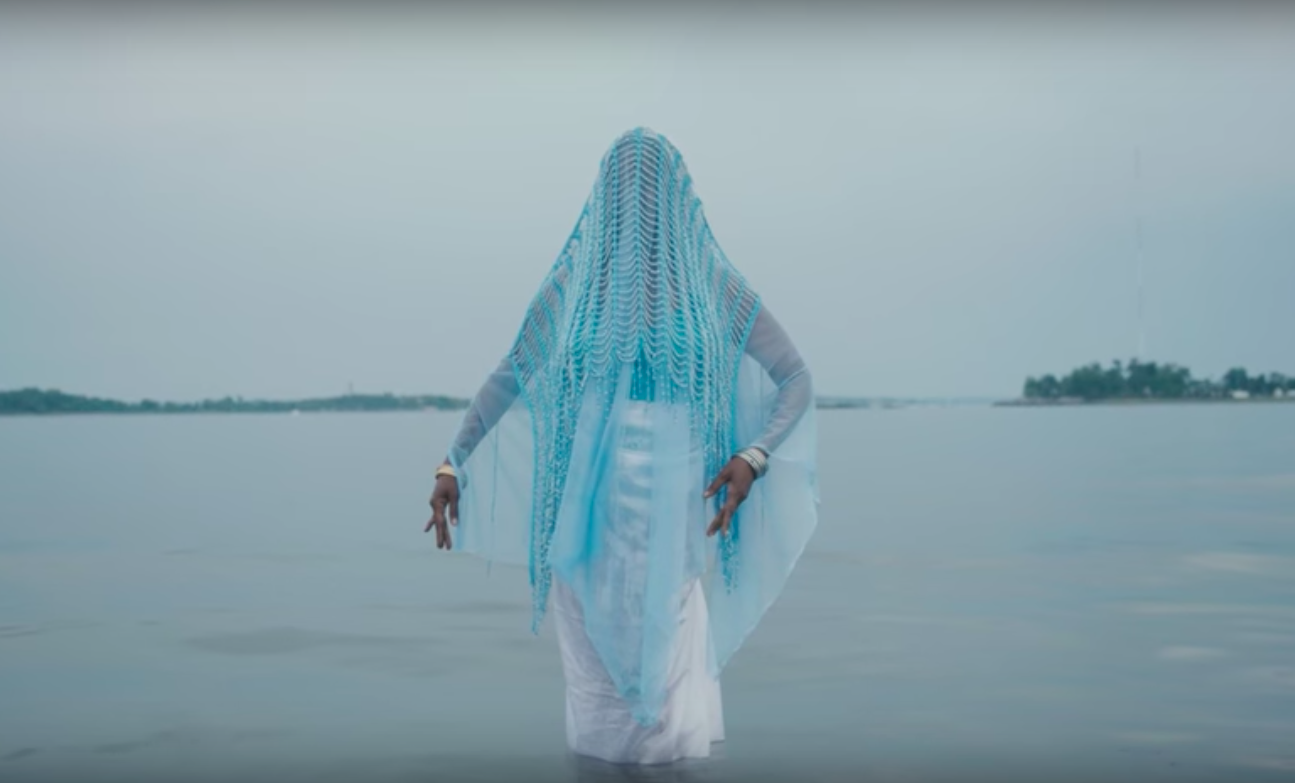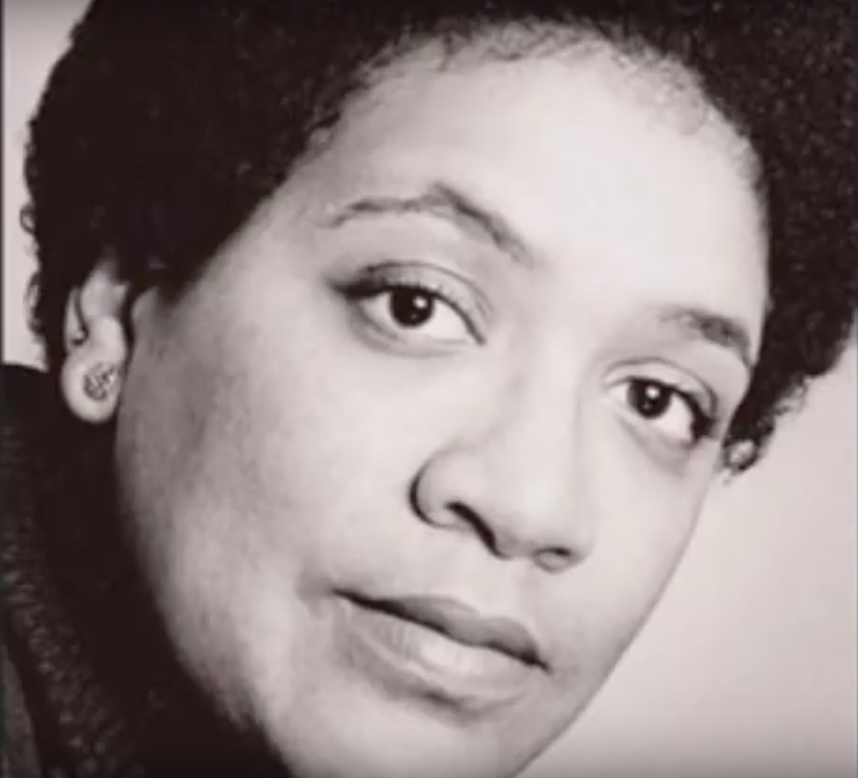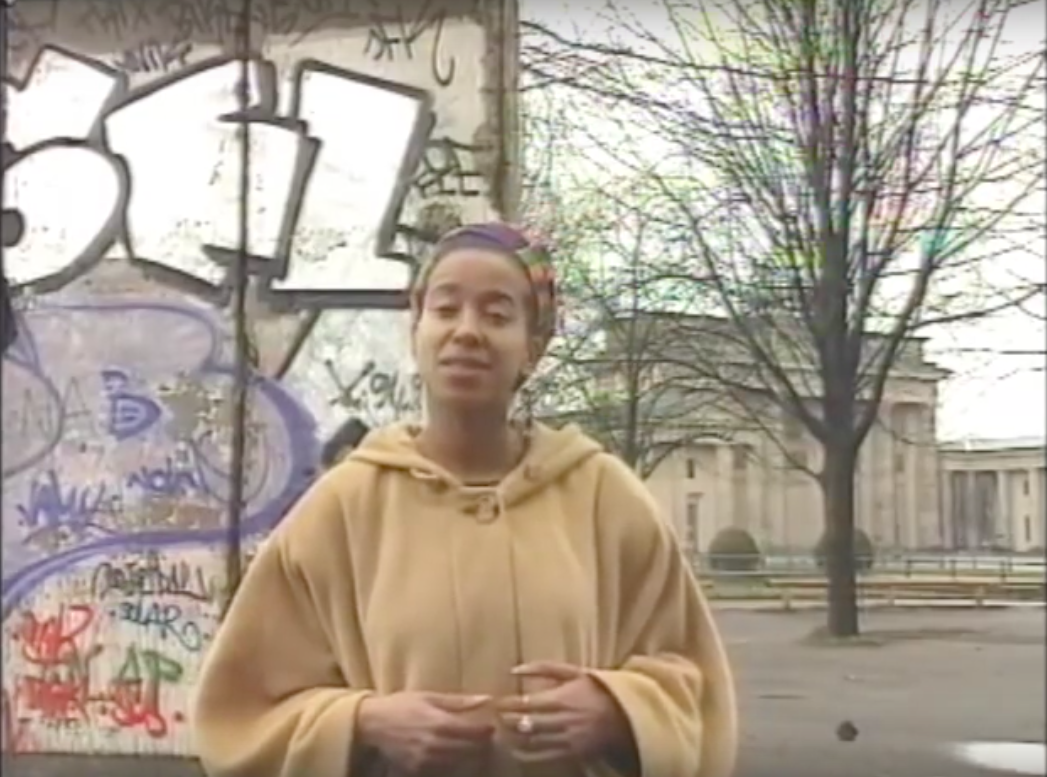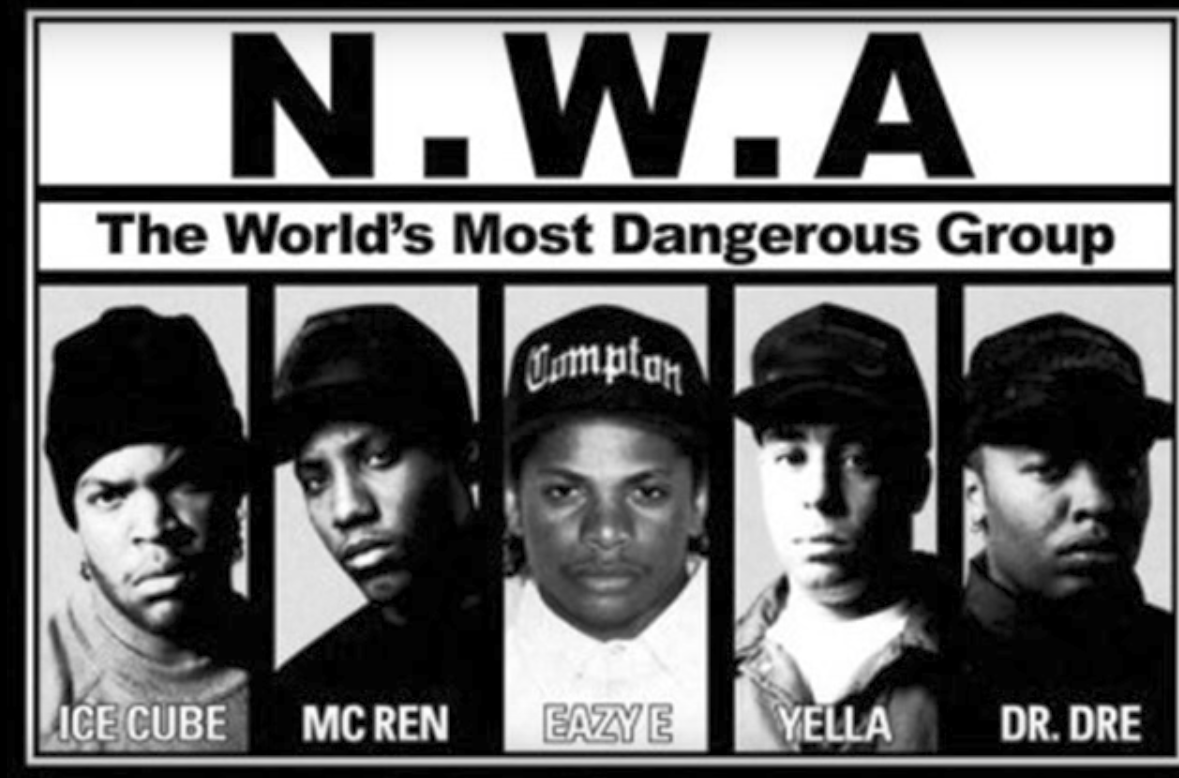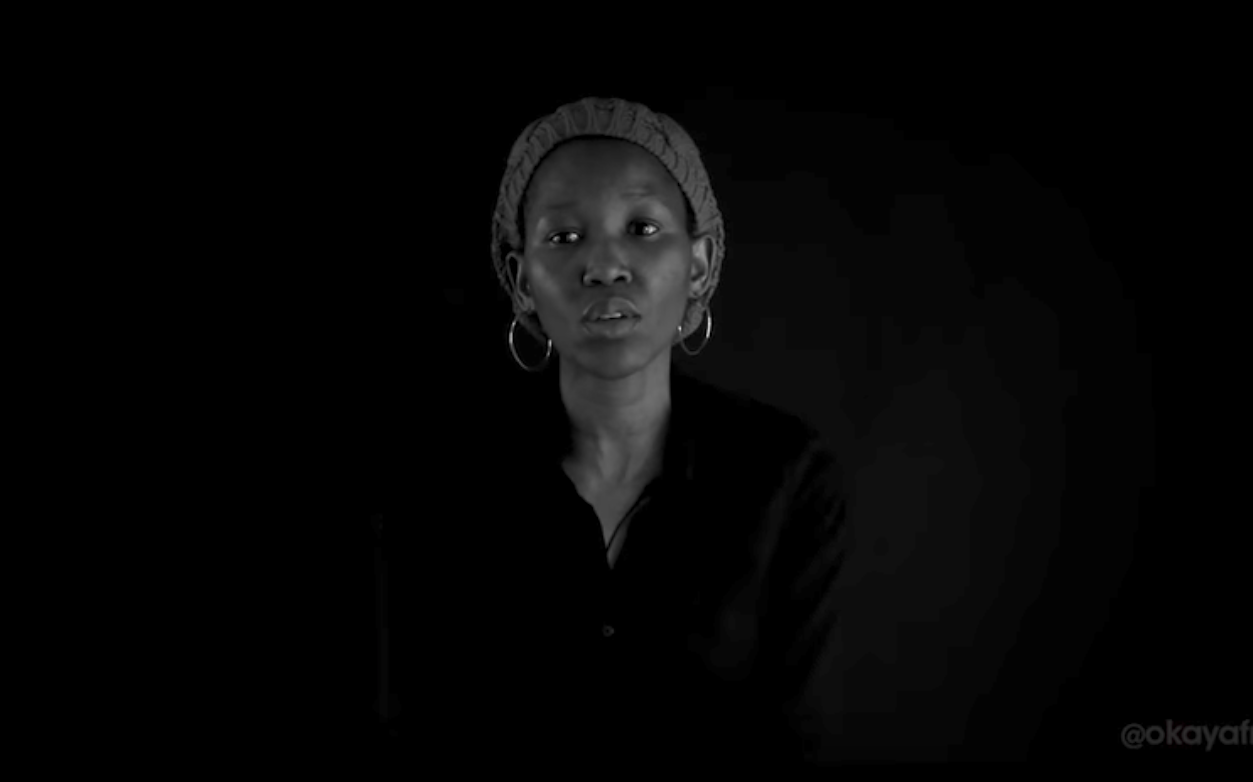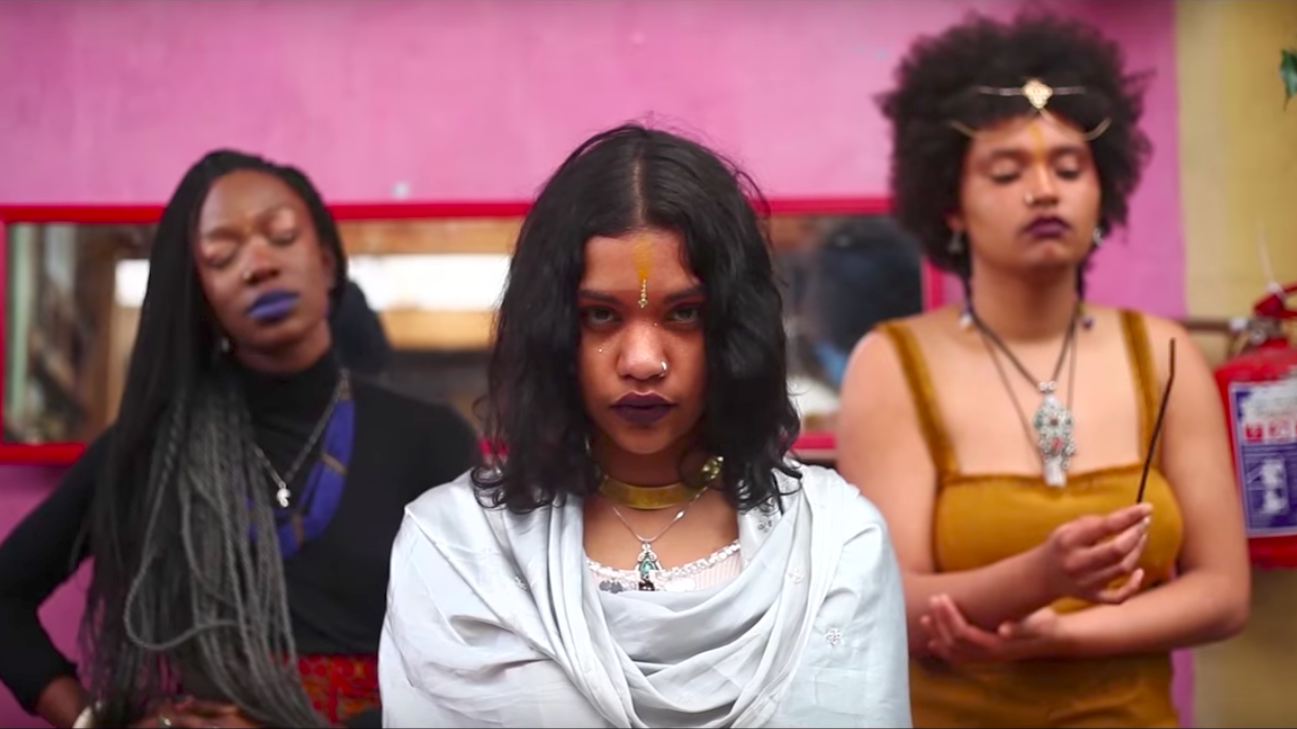Center of Unfinished Business
The reading room “Center of Unfinished Business”, curated by Julia Grosse and Yvette Mutumba from Contemporary And, is accessible to all visitors during ifa Gallery Berlin’s opening hours. It provides a selection of books that are connected to the topic in various ways, showing the diverse impacts of colonial legacies and multiple realities of contemporary times. Among these books are loans provided by the association Each One Teach One (EOTO) e.V., a Berlin library on literature, history and current lifes of people of African descent. Furthermore, C& invites various cultural producers to read, perform and discuss in the reading room. C& is pleased that the “Center of Unfinished Business” is also supported by the Canadian foundation Musagetes.
This “Center of Unfinished Business” offers an especially designed reading room structure, which works as a knowledge producing platform. It is one option of bringing together content focusing on the issue of colonialism from subjective perspectives and associative. However, it is not about creating a library on colonialism that is consistent and complete, because: when would it ever be? Colonialism is an unfinished business and keeps existing in many ways.
The “Center of Unfinished Business” stretches the topic into the diverse areas affected by colonialism: What, for example, have Emil Nolde and the German expressionist artist’s collective “Die Brücke” to do with colonialism? It is their romanticizing and at the same time stereotyping perspective on the “beautiful savages” overseas that expresses colonial and biased mindsets.
How is a book about Wall Street and the Occupy movement related to colonialism? The centuries-old ways of taking away and selling off goods from Africa and other, non-Euro-American places and the exploitation of its people built the basis of the successful stock market companies working on a global scale today.
What is a novel by Alexander Pushkin doing in this reading room? In case you did not know, Pushkin was a Black man – but most history books do not mention that. Furthermore, what have standard works such as E. H. Gombrich’s “The Story of Art” to do with colonial legacies? There are so many books claiming to comprehensively survey (art) history, while at the same time completely ignoring anything external to Euro-American positions. Sometimes it is important to literally point a finger at the blanks to reveal problematic writings of histories.
The “Center of Unfinished Business” shows ground-breaking, fantastic and empowering books, the – but also the ugliness of colonialism. Titles, celebrating racist and misogynist theories as a given. It would have been possible to just ignore these books but in order to understand the colonial legacies in our contemporary societies, we must acknowledge the persisting impact of these ignorant and alarming mindsets and practices. Thus the “Center of Unfinished Business” does not brush these books over as no longer relevant but puts them right in the middle of and next to brilliant, strong voices of freedom fighters and manifestos and theories of resistance. With this approach the reading room allows a reflection on the many forms of colonial legacies in our present-day realities.
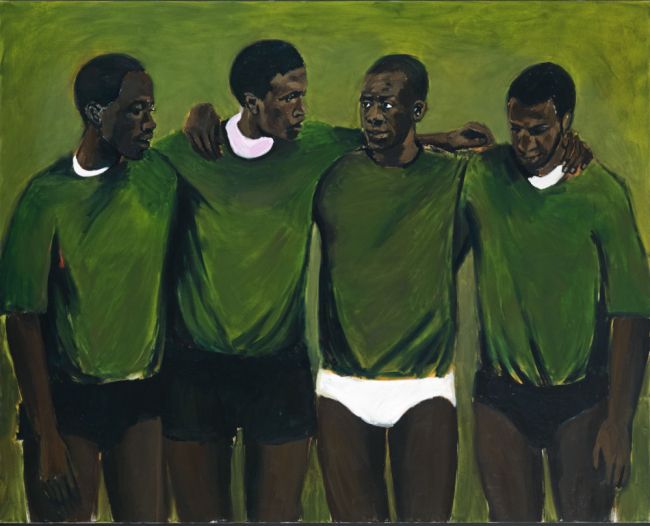
Lynette Yiadom-Boakye
Complication, 2013
Painting
Oil on canvas, 200 x 250 cm, 78.7 x 98.4 in
Courtesy the Artist, Corvi-mora, London and Jack Shainman Gallery, New York
London-based artist Lynette Yiadom-Boakye, the painter who inspired Solange’s “Don’t Touch My Hair” video.
Damon Sajnani
HipHop’s Origins as Organic Decolonization
Essay
Damon Sajnani aka ProfessorD.us is a HipHop artist, activist, and academic. His research interests include Africana culture, politics, and philosophy, socio-political theory, race/racism, geopolitics, social justice, and global HipHop studies.
In conversation with Mame-Diarra Niang:
“These landscapes are extremely contemporary.”
C& talks to Dakar-born artist Mame-Diarre Niang, who observes the changing face of Dakar through her photography. She investigates the separation of people and the breaking away of Oukam-neighborhood of Dakar due to the consumerist orientation of society.
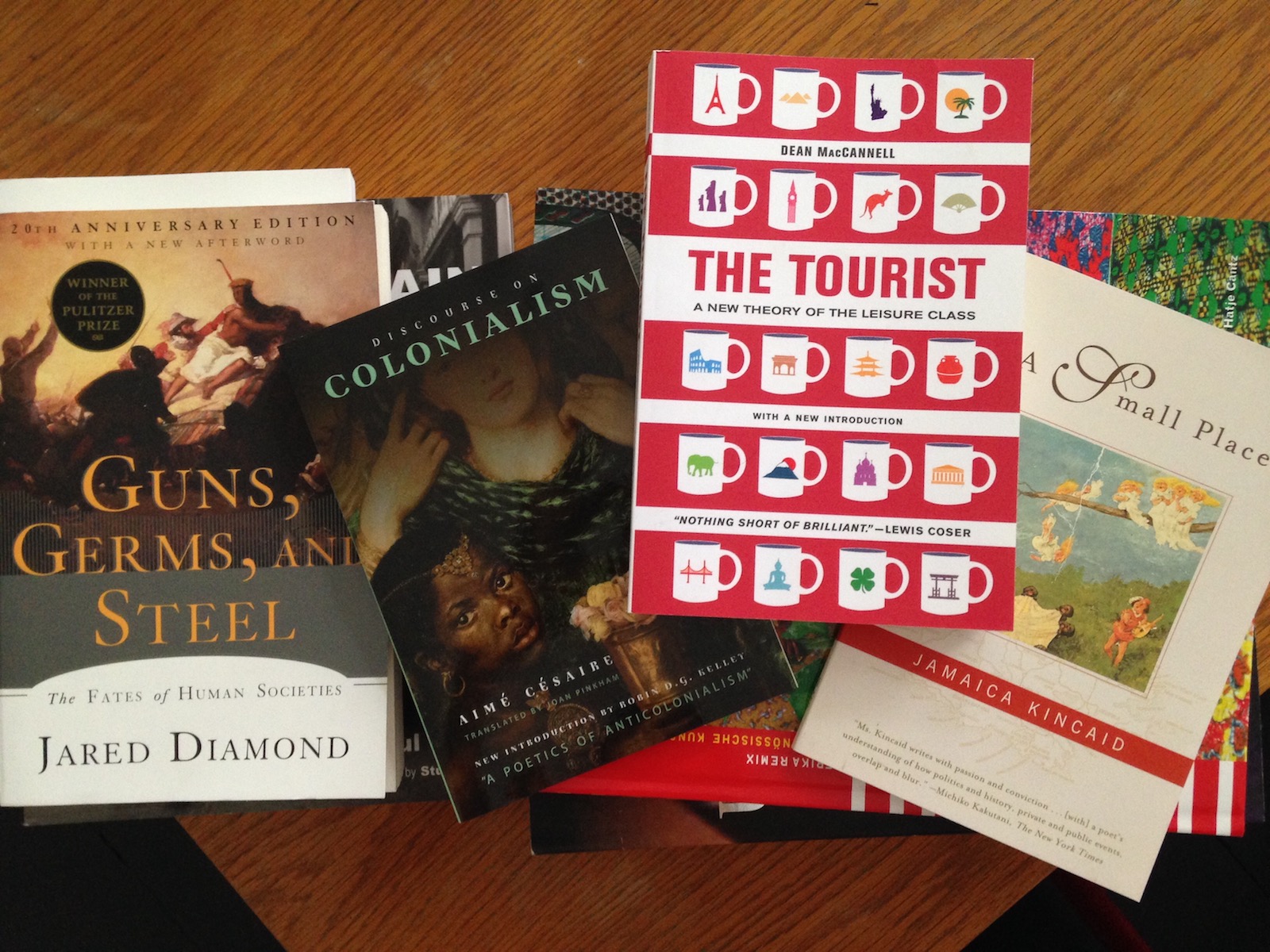
Selection from the Library
Manuel Herz – African Modernism: Architecture of Independence Ghana, Senegal, Cote d’Ivoire, Kenya, Zambia 2015, Park Books, Zurich
Manuel Herz’s groundbreaking study on African Modernisms, abundantly illustrated, collects the architecture as mementos of the independence of 5 African nations
Francesco Bonami, Julia Rodriguez Windholm (ed.) – Universal Experience: Art, Life and the Tourist Eye, 2005, DAP/MCA, Chicago
Bonami’s and Windholm’s interdisciplinary study brings together research from anthropology, sociology and political sciences to shine light on the universal experience of mobility, whilst commenting on tourism and travel.
Clementine Deliss, Taimaz Shahverdi – Trading Style: Weltmode im dialog
2012, Kerber Verlag, Bielefeld
Trading Style draws on the concept of style as a global phenomena enhanced through global streetstyles and the exchange with international major fashion labels.
Tschabalala Self: Body Agency
Painting the Whole Picture of the Black Female Experience
Tschabalala Self belongs to a new generation of painters depicting a three-dimensional representation of the Black female experience. Our author Sabrina Greig looks into how the Harlem-born artist gives her Black female characters physical and mental agency.
Decolonial Thinking with Rolando Vázquez
The End of the Contemporary?
In March of this year, the sociologist Rolando Vázquez was invited to Berlin to reflect on “decolonizing time” as a way of thinking beyond Western modernity. C& spoke to him about terminologies, alternative approaches to history, and about how he created a decolonial space for thinking at the Festvial MaerzMusik* at Berliner Festspiele.
Selection from the Library
Ragnar Farr – Mirage: Enigmas of Race, Difference and Desire (exh. cat.)
ICA, London, 1996
This interdisciplinary exhibition project is inspired by the Frantz Fanon’s writing, especially his most prolific one ‘Black Skin, White Masks’
Tim Stüttgen – In a Qu*a*re time and place. Post-Slavery Temporalities, Blaxploitation, and Sun Ra’s Afrofuturism between Intersectionality and Heterogeneity
b_books, Berlin, 2014
In a Qu*a*re rather then in an (unmarked white) queer space, Stüttgen examines the post-slavery paradigm as an epistemological break in the predominantly white gender and queer studies.
Diedrich Diederichsen – Loving the Alien
ID Verlag, Berlin, 1998
Loving the Alien was a project with the Volksbühne Berlin in 1997, which aimed to bring topics of diaspora, science fiction and multiculture on the stage in form of music, theater and presentations.
Phylis Galembo – Maske
Chris boot/Aperture, 2010/2016
After two decades of documenting the religious and cultural traditions in Africa and in the African diaspora, this album features over 100 of Galembs masquerade photographs describing the transformative powers of masks.
An Essential Gesture of Cultural Resistance
A round-table conversation with three collectives about the role of their artist-run platforms: Misheck Masamvu from Village Unhu in Zimbabwe, members of lugar a dudas, and Adriana Quiñones León from Afrorexistencia, both in Colombia.
Interview by Aïcha Diallo.
Selection from the Library
James Baldwin and Margaret Meads – A rap on Race. J. B. Lippincott & Co, 1971, Philadelphia.
Achille Mbembe . Kritik der schwarzen Vernunft. Suhrkamp, 2014, Berlin.




